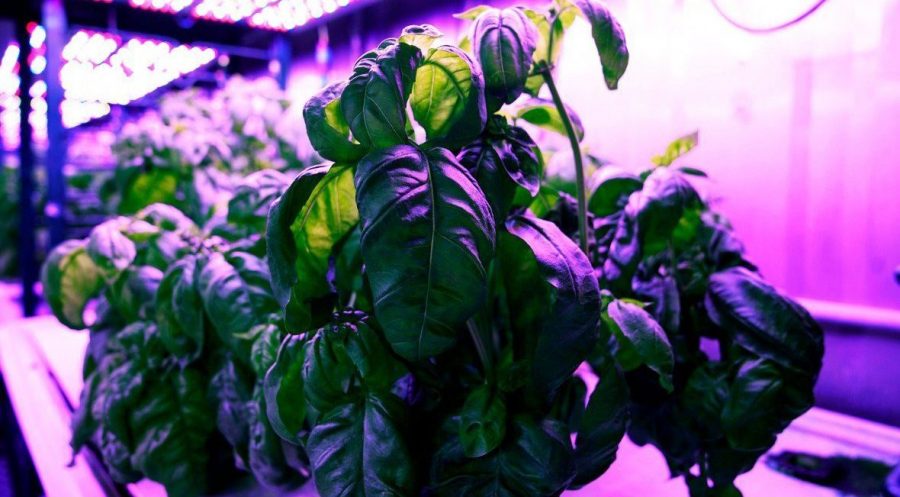
Researchers from the Massachusetts Institute of Technology (MIT) have used machine learning to improve the flavor of lab-grown basil.
In a new study, published in the journal PLOS One, researchers presented a method for optimization of plant metabolites using machine learning techniques.
Contained environments where plants cultivate under artificial climate control, in fact, allow analyzing of the environments and plants´ responses to specific environments for the goal of improving the quality. Researchers from MIT leveraged this potential towards the goal of optimizing the flavor of basil by combining cyber-agriculture and machine learning.
In their experiment, they modified environmental conditions (photoperiod and ultraviolet light) to basil plants growing inside a farm, they measured the active volatile molecules and they used machine learning to model the chemistry from the input environmental variables.
From the experiment, researchers came to two major conclusions: the “dilution effect” meaning that there is a negative correlation between weight and desirable chemical species and 24-hour all-day light induces the best taste i.e. the most flavor molecule production in basil.
This work shows another interesting application of machine learning methods in agriculture. AI-based methods and computer controlled growth environments are certainly a promising approach to agriculture.
The full paper is available and can be read here.

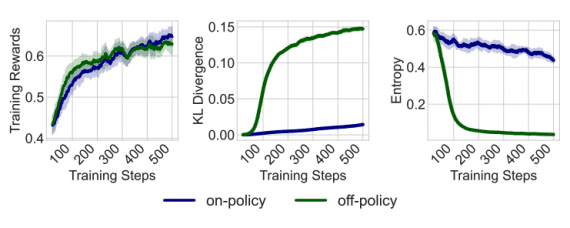
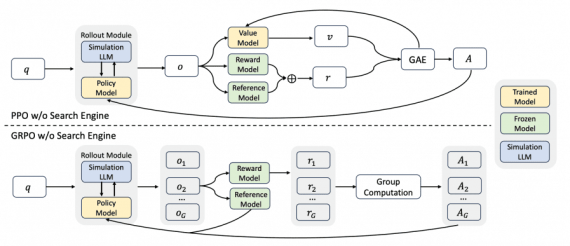
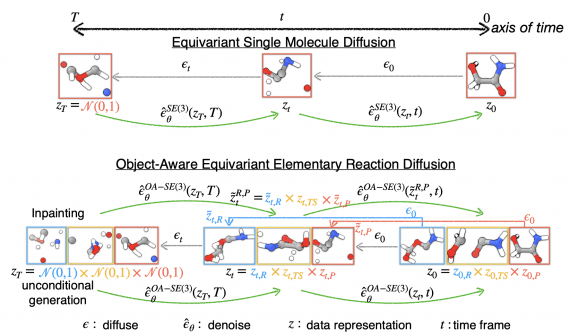

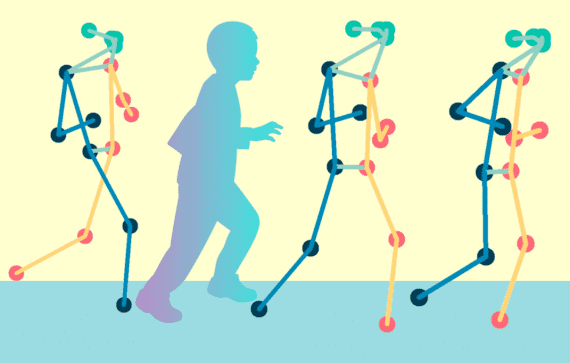
Hi-Fly Delivery Phuket